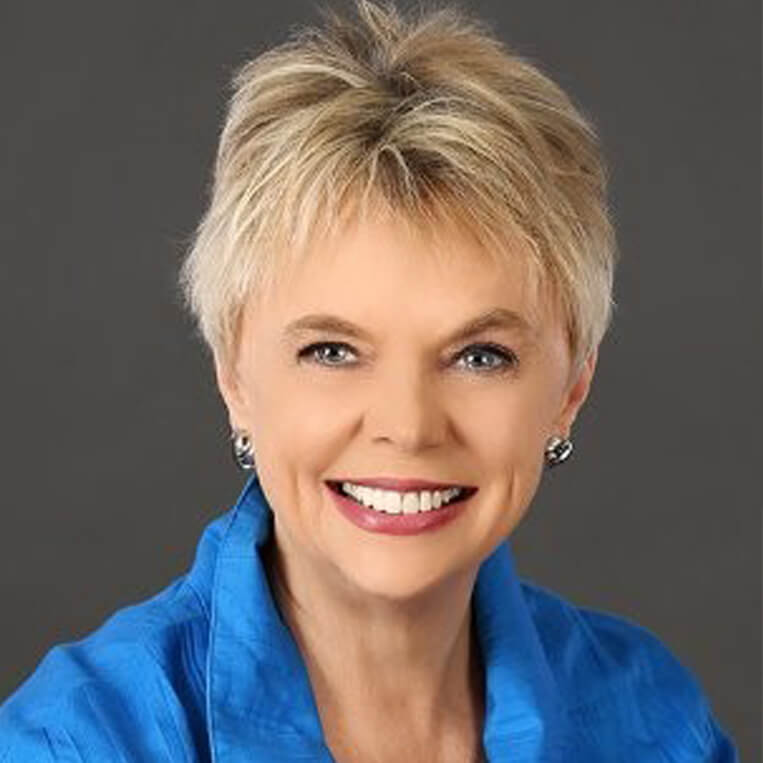The concept of pay for play isn’t new. Rather, it’s age old, or perhaps the oldest profession in some respects. But as Facebook further monetizes its platform, it’s falling down a new slippery slope.
Months ago, Facebook implemented the capability for pages to gain Likes by paying for page promotion. The theory goes that the more Likes a page has, the greater likelihood a given post on that page will be seen by its target audience. Targeting the promotion to specific attributes, in turn, can shape the target audience. For example: Have a new luxury car to trumpet? When promoting the car’s page, you’ll choose to target people who have interests in “Automotive” and “Luxury;” maybe specific brands like BMW, Lexus and Mercedes; or people living in certain areas and of a certain age range. Then, when you post about your new car, those more interested in your message will be more likely to see it.
Sounds good in theory, but the potential disconnect is whether the people truly interested in “Automotive” and “Luxury” are engaging with your page, since there are no barriers to anyone doing so. From Facebook’s perspective, it is delivering on the promise of increased Likes. But if they’re not the quality of Likes you’re seeking, it can be a false sense of accomplishment.
The problem worsens when you post to your page. At first you may be dismayed that few see the post, and that fewer still Like or comment on it. Engagement is low. To counteract this, you opt to boost the post to more of your audience – pay for play. However, while the post Likes may increase, there oddly still seems the lack of engagement. You wonder why no one is actually commenting and engaging with you. The reason may be your page’s target audience became diluted with false Likes – people who clicked Like, but really don’t care about luxury cars. So the boost is going to more people, but to fewer who actually care about the subject of your post.
Facebook isn’t motivated to address this issue because its monetization is at stake, and a recent Youtube video sheds light on this. Some may feel as though this is a conspiracy theory with insufficient evidence.
Others may feel an ah-ha! moment.
At (W)right On, we advise a smaller but engaged audience is better than a larger but disengaged one. Facebook and other social media promotion has its place, but when done in moderation and with care.
What’s your take? Conspiracy? Real? Somewhere in between? Let me know your experience!














